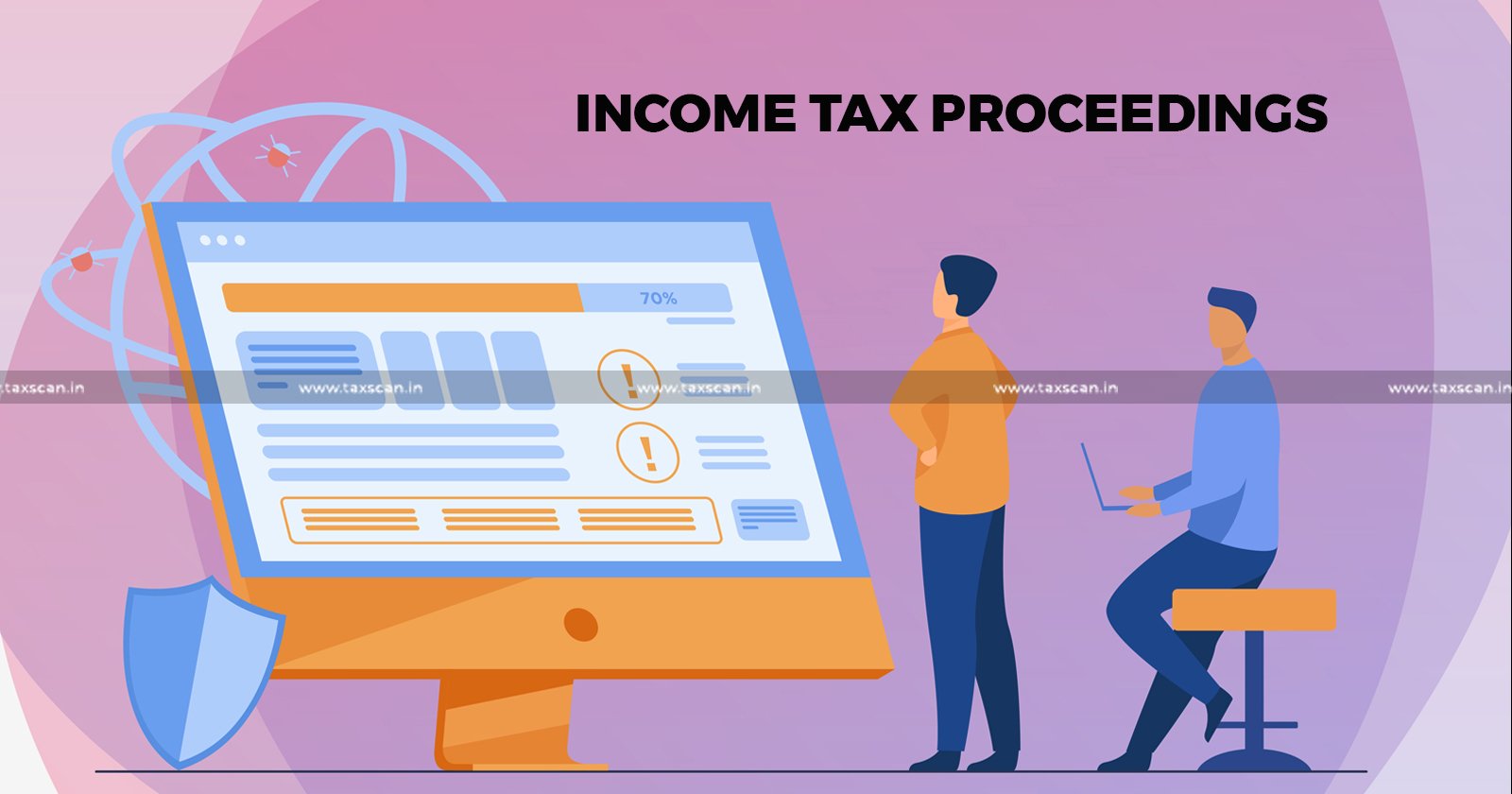These Scenarios may attract attention of Income Tax Dept: Know the Top 8 Reasons for Income Tax Notices

As part of its efforts to curb black money, the Income Tax Department has been taking various actions, including issuing notices to taxpayers. If you are a taxpayer, it is essential to understand the different types of notices that you may receive from the Income Tax Department and how to respond to them.
The eight most common causes of Income Tax notices are as follows: –
Inaccurate Information on Assets or Income in The Income Tax Return
One of the most common reasons for receiving a notice is inaccurate information on assets or income in the income tax return. The Income Tax Department may ask you to disclose all your income and asset information both inside and outside India.
To avoid receiving such a notice, it is crucial to fill out your income tax return accurately. Make sure to provide correct information such as your name, address, and PAN. If any of these details are incorrect, you will receive a notification.
Discrepancies in Disclosure of Actual Income & Declared Income
If the Income Tax Department suspects that you have not reported all your income from various sources, you may receive a notice for non-reportage. To prevent such instances, gather all your financial documents and proof of all your income sources, such as paycheck stubs, bank statements, and invoices. Make sure to report all your income accurately while filing your income tax return.
Unusual Investment Amounts, Elevated Transactions, or Deposits
The tax department closely monitors sudden substantial decreases or steep increases in income levels. If you acquire assets or real estate of high value or your bank account shows high-value transactions, you may receive a notice. Also, if you invest excessively in your spouse's or child's name, your income will still be taxable, and not reporting it can lead to a notice.
Unexpected TDS Inconsistencies When Your TDS Claim Is Incorrect
Your TDS should correspond to the TDS listed on Forms 26AS and 16 or 16A. If there is a discrepancy, a notice under Section 143 (1) will be issued. Ensure that the TDS deducted and the income and interest you have earned are accurate.
For Review & Evaluation
If the Income Tax Department scrutinizes your income tax return, you may receive a notice under Section 143 (2). Scrutiny can be triggered by discrepancies, incorrect reporting, among other reasons. Respond to the notice promptly to avoid penalties.
Delayed Income Tax Return Filing
It is essential to file your tax return by the deadline for each assessment year. If you fail to do so, you may receive a notice under Section 142(1)(i) of the Income Tax Act, which mandates that you furnish the return. Filing your tax return and paying your tax are two separate processes. If you have only paid the tax and not filed any returns, the tax department may send you an ITR notice.
Payment of Refunds Against Any Outstanding Debts & Taxes Owed by You
If you fail to include some interest income that you have accrued, you may receive a notice for failure to pay taxes. If you have requested a refund, the assessing officer may send you a notice informing you that the dues will be deducted from any refunds you have received for income taxes.
For Prior Years of Tax Evasion
The Income Tax Act empowers the Internal Revenue Service to re-evaluate prior filed tax returns. The department may issue a notice under Section 147 of the Income Tax Act if the assessing officer suspects that income accountable to tax has escaped assessment.
In conclusion, receiving a notice from the Income Tax Department can be overwhelming, but it is important to understand that these notices serve as a means of ensuring compliance with tax laws and regulations. Taxpayers should take these notices seriously and respond to them promptly and accurately. Failure to do so can result in penalties and legal consequences.
The notices discussed in this article cover a range of scenarios, from inaccuracies in tax returns to discrepancies in disclosed income and unexpected investment transactions. Taxpayers can take steps to prevent receiving these notices by carefully and accurately completing their tax returns and ensuring all income and investment information is disclosed.
In summary, taxpayers should not panic if they receive a notice from the Income Tax Department, but they should respond to it promptly and seek professional advice. By complying with tax laws and regulations, taxpayers can avoid penalties and legal consequences and ensure smooth tax filing and compliance.
Support our journalism by subscribing to Taxscan premium. Follow us on Telegram for quick updates


